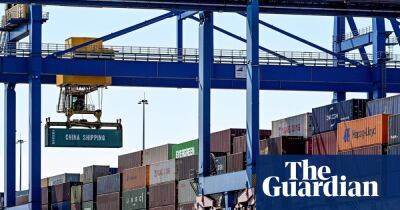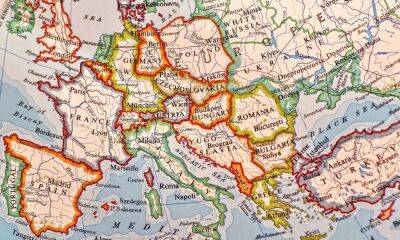I saw first-hand how the tech giants seduced the EU
The tide is seemingly turning against Meta, Google and other tech giants. Groundbreaking new European Union legislation is imminent, aimed at forcing the large digital platforms to do more to keep users safe and cutting down market abuses, data capture and surveillance infrastructure.
As the Digital Services Act package was being finalised, the very public crossing of swords between Elon Musk and the European Commission over Twitter captured headlines. Yet the Musk spectacle was a sideshow.
Much more urgently in need of scrutiny is big tech’s hidden lobbyingagainst the DSA. It is unlikely that Brussels has previously seen campaigns on such a scale and practices so out of line with the requirements of a democratic, open society.
The DSA will be rubber-stamped by the European parliament next week. When it finally comes into force this year, it will allow Europe for the first time to neutralise some of the harms caused by social media platforms. But the compromises made in getting here also reflect the extraordinary power of tech companies to influence decision-making, and by extension to subvert our democracies.
We learned from big tobacco how outsized interests create entire ecosystems to influence and manipulate both civil society and policymakers. Based on my experience of and encounters with the big tech platforms from inside the EU over 12 years, I have formed the view that the Brussels policy community has been, and still insidiously is, in the grip of this corporate class – the biggest the world has ever seen.
European competition law was supposedly big tech’s greatest fear. But it has patently been either too weak or too ineffectively applied to rein in the Silicon Valley giants. Profit margins as high as Google’s
Read more on theguardian.com





















